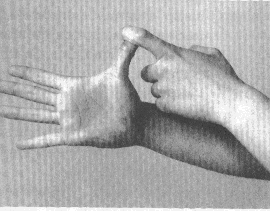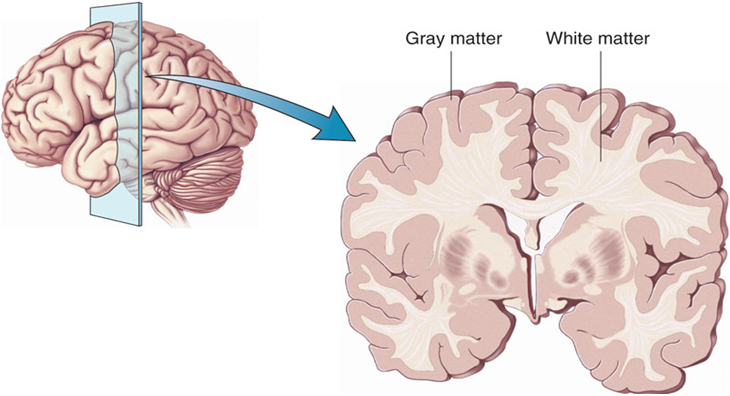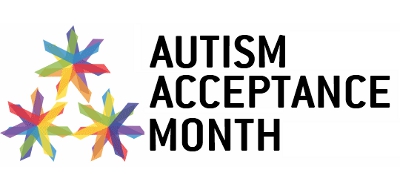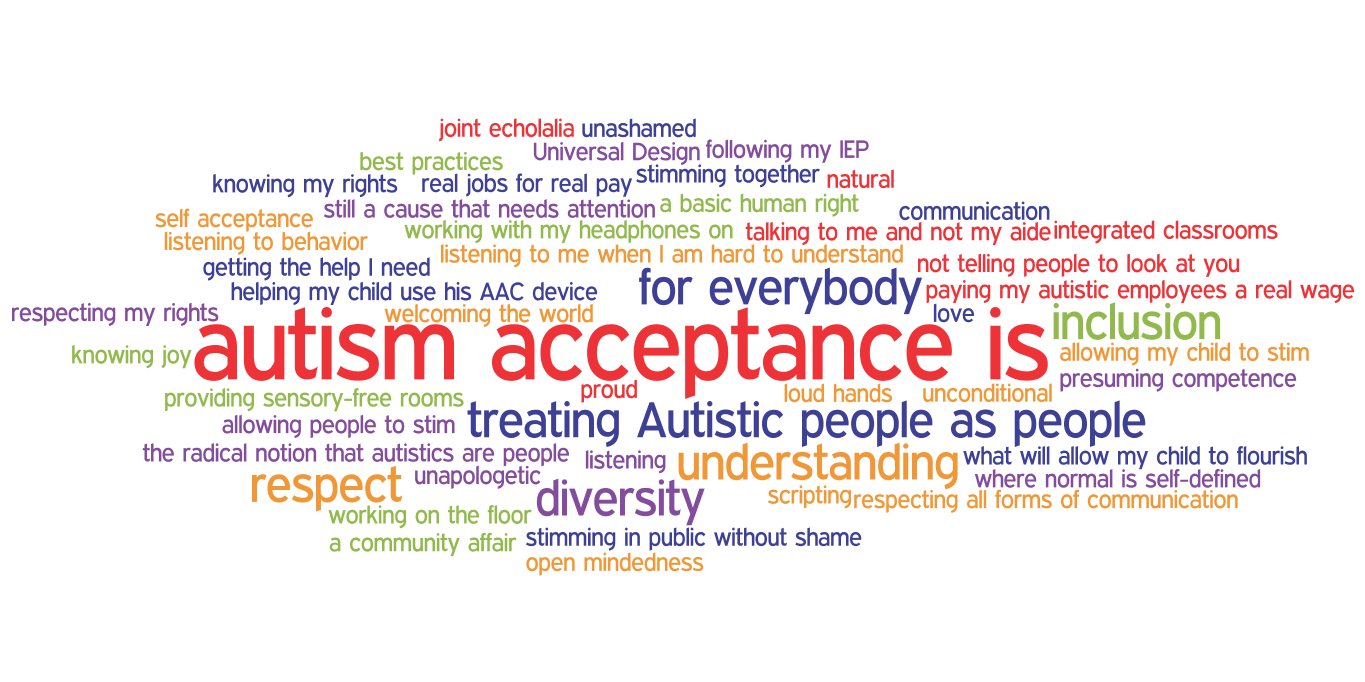Play Your Part will be offering Let’s Play Music and NEW Sound Beginnings classes beginning this fall. If you’d like to try it out this summer, we will be hosting several FREE sample classes.
Sounds Beginnings (0-4 yrs)–click on a date to register for FREE
Children learn best when they feel loved and nurtured. This fact is the core of the Sound Beginnings philosophy. Sound Beginnings provides the structure for natural play between a parent and his or her child. Taking us back to days before electronic stimulus, buttons and screens, Sound Beginnings gives the parents the tools to connect with their child on an intimate, playful level. These tools, both musical and literary, provide a solid framework for a child to learn, thrive and flourish.
Now, that’s a sound beginning.
Monday, July 10th at 3:30pm in Mission Viejo
Thursday, July 13th at 10:15am in Mission Viejo
Friday, July 14th at 9:30am in Orange
Saturday, July 15th at 11:00am in Mission Viejo
Let’s Play Music (4-6 yrs) (email brianna@playyourpartmusic.com to register for FREE)
Let’s Play Music is a music theory course that emphasizes total musicianship through piano playing, singing, classical music, note reading and ear training…and it’s all accomplished through PLAY!
Saturday, June 17th at 10:00am in Mission Viejo
Saturday, July 15th at 10:00am in Mission Viejo
Saturday, August 5th at 10:00am in Mission Viejo







